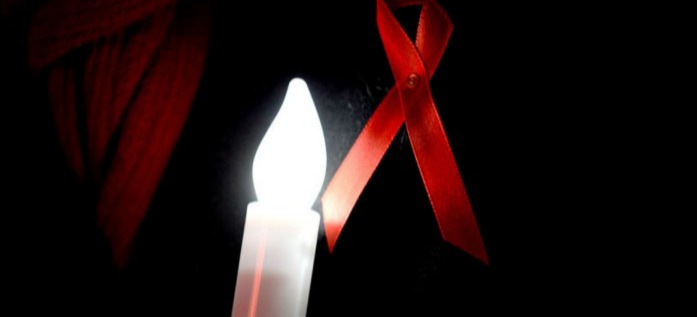
Image/ReliefWeb
By Guillermo Alvarado
It is far from over. It is just hidden under tons of information about COVID-19, but the pandemic of Acquired Immune Deficiency Syndrome, AIDS, continues to sicken and kill human beings every day anywhere in the world.
The UN Joint Programme on HIV/AIDS, UNAIDS, warns that the progress achieved in containing this disease is in danger of being lost, both because of the health crisis created by the new coronavirus and because of the increase in inequalities.
The statistics bear this out. Since the mid-1980s, more than 79 million people have contracted the human immunodeficiency virus, HIV, of whom 36.3 million have died.
Last year, 1.5 million were infected and at least 680 thousand died, and as of June 2021, most HIV-positive people were not vaccinated against covid-19, despite being more vulnerable and at greater risk of dying.
Other data for reflection point out that 53 percent of those infected are women and girls and that there are more than six million who do not know they are living with HIV and are potential transmitters.
In her message for International AIDS Day, on December 1, the head of the UN agency in charge of fighting the disease, Winnie Byanyima, recalled that this is still a pandemic and we can only fight it if we put an end to the inequalities that fuel it.
Where we work together boldly, with the latest scientific advances, attending to all needs and protecting human rights, deaths decrease, but that only happens in some places and for some people, she said.
In summary, UNAIDS warned that if inequalities in access to medicines, technologies and resources among those infected are not addressed, deaths will increase and humanity will be at the mercy of colliding pandemics for decades to come.
It so happens that the world has set out to end AIDS as a health problem by 2030, but everything we have seen so far, both with HIV and SARS-CoV-2, teaches us that to achieve this, we must first change the world as it works.
Antivalues such as greed, selfishness, indifference, corruption and indolence are dominant on the planet, with very few notable exceptions, so our species remains, as UNAIDS says, unequal, unprepared and under threat.

